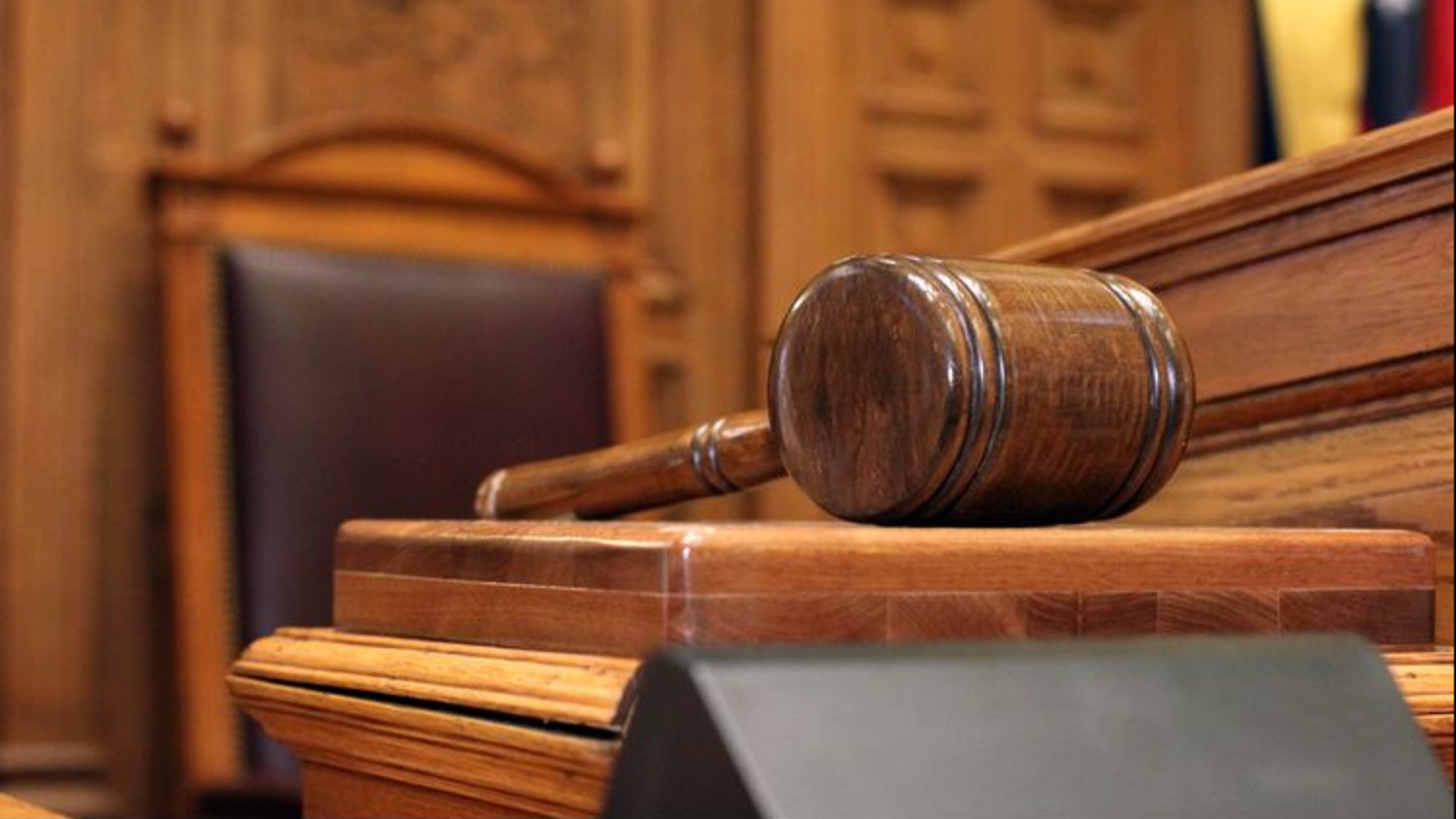Huge tax package unveiled. But will it pass?

A sweeping -- and curious -- bill to overhaul much of the state's tax code was introduced Monday . Let me try to explain what I mean by both of those words.
I call it sweeping because, really, there's no other way to put it. The gist: It would lower the state's income-tax rate (both for individuals and corporations) to a flat 4 percent from the current brackets ranging from 1 percent to 6 percent. It would raise the state's sales tax to 5 percent from the current 4 percent. It would add the sales tax to groceries (local governments already tax them) and to "digitally delivered goods": think iTunes and software downloads. It would create a 7 percent "communications service tax" to cover cable, satellite and streaming services (e.g., your Netflix subscription). It would raise the cigarette tax to $0.65/pack from the current $0.37/pack. It would eliminate dozens of tax credits and exemptions for individuals and businesses, including Delta's partial exemption from sales tax on jet fuel -- these eliminations account for much of the heft in the 81-page bill. It would begin implementing these changes as soon as Jan. 1, 2016, but some of them would be phased in between then and 2019.
Like I said, that's a pretty sweeping bill.
It's also a bit curious because of the timing. On the one hand, state Rep. John Carson, R-Marietta, introduced it at a press conference flanked by, among others, Speaker David Ralston, Speaker Pro Tem Jan Jones, Majority Leader Larry O'Neal and Majority Whip Matt Ramsey. They had handouts for the reporters and printed signs for the TV cameras. The House took the somewhat unusual step of allowing it to be read for the first time the day it was introduced, speeding up the legislative process for it just a bit. (That's unusual not because members object when it's requested, but because it isn't requested all that often.) You might also recall that, back in December, Ralston told me tax reform was his top priority when it comes to jobs-related bills.
On the other hand, yesterday was day 20 out of 40 in this legislative session, and Ralston pointedly would not commit to getting it passed this year (which, let's note, is consistent with what he told me in December). Better, he said Monday, to get it right than to do it quickly. It would not be unheard of for such a sweeping bill to make it through one chamber in 10 days -- by rule, bills must clear the House or the Senate by day 30 if they are to have a chance to clear the other by day 40 -- but it would be a rather daunting task. Although Carson said the bill should be either revenue-neutral or a slight tax cut, it still needs a fiscal note to establish whether the math officially adds up. That might not be ready until the end of this week or beginning of next week.
So, I'm not sure what to make of the bill, and not just because I'm still going through its 81 pages.
It is generally the kind of change that the state needs to update a tax code that still largely reflects what the economy was like in the mid-20th century, and to help keep Georgia competitive with other states when it comes to attracting, retaining and growing businesses. Many of its provisions dovetail with the recommendations a special tax reform council offered back in 2011. Carson said the bill should result income-tax savings of $400/year for a family at the median household income of $48,000, although any net savings would depend on how a household spends its money. Services, which largely remain untaxed in Georgia, make up an estimated 70 percent of the economy vs. 30 percent for goods -- which ought to mean savings for any household whose spending has a similar services-to-goods ratio. But I don't know if that ratio holds up for all or most households. It will also be interesting to see what kind of economic effects the bill is forecast to have.
All of which is to say, put this bill on your radar -- but let's wait and see exactly how what kind of impact, economic and legislative, it ends up having.


